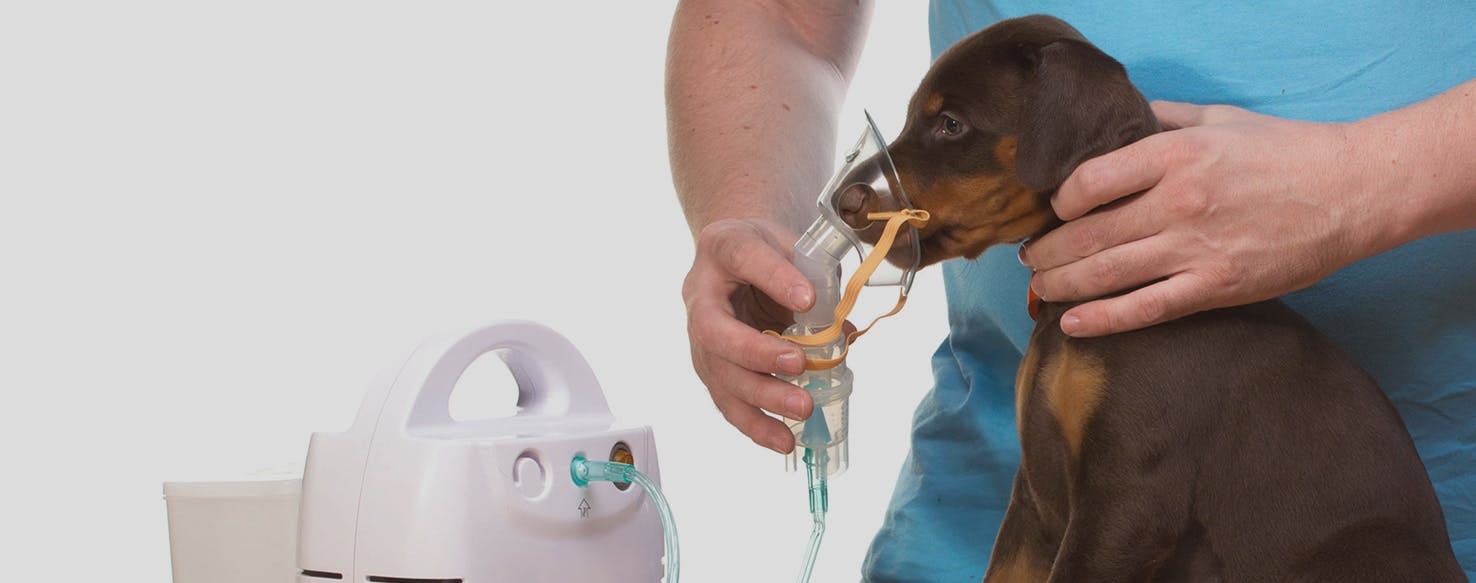Table of Contents
Overview of Bacterial Respiratory Infections in Dogs and Cats

Bacterial respiratory infections (BRIs) are a key concern for veterinary clinicians, affecting both dogs and cats. They can range from mild upper respiratory disease to severe, sometimes fatal, lower respiratory infections. Common causative pathogens include:
- Bordetella bronchiseptica: a major pathogen in canine infectious respiratory disease complex (CIRDC)
- Mycoplasma species: frequently linked to chronic respiratory infections in dogs
- Chlamydia felis: a primary cause of conjunctivitis and upper respiratory disease in cats
- Neisseria animaloris: normally a commensal in the upper respiratory tract, but can occasionally cause pulmonary infections
These pathogens cause inflammation and damage within the respiratory tract, making animals more susceptible to secondary infections and long-term complications.
Clinical Signs and Diagnosis
The clinical presentation depends on the location and severity of infection:
- Upper respiratory tract infections: coughing, sneezing, nasal and ocular discharge, lethargy, reduced appetite
- Lower respiratory tract infections: labored breathing, tachypnea, coughing, cyanosis, fever, wheezes, or crackles on auscultation
- Severe cases: particularly in young or immunocompromised animals, may progress to pneumonia, causing significant morbidity and mortality
Diagnostic Approach
A systematic approach is critical:
- Collect history and perform physical examination to assess onset, duration, progression, and exposure risk
- Use imaging such as radiographs or ultrasonography to evaluate lung involvement, pleural effusion, or consolidations
- Conduct laboratory tests including complete blood count and serum biochemistry to assess systemic health
- Perform bronchoalveolar lavage to collect lower respiratory tract samples
- Utilize microbiological analysis, culture and sensitivity, or PCR testing to identify causative bacterial pathogens
Treatment and Supportive Care
- Empirical Antibiotic Therapy: Broad-spectrum antibiotics such as doxycycline may be started when the causative pathogen is unknown.
- Targeted Adjustments: Once culture or PCR results are available, refine the treatment plan to specifically address the identified pathogen, helping to prevent the development of antimicrobial resistance.
- Supportive Care:
- Fluid therapy to maintain hydration
- Oxygen supplementation for hypoxic animals
- Nutritional support/assisted feeding for patients with poor appetite
- Environmental control: isolate infected animals, and maintain proper ventilation, humidity, and air quality to ease respiratory distress
Preventive Measures
- Vaccination: protects against Bordetella bronchiseptica in dogs and Chlamydia felis or Bordetella in cats
- Hygiene: regular cleaning, disinfection, and litter maintenance
- Isolation: separate new or sick animals in multi-pet households or shelters
A comprehensive approach such as accurate diagnosis, targeted treatment, and preventive measures allows veterinary clinicians to effectively manage BRIs, reduce morbidity, and improve outcomes in dogs and cats.
To help veterinary clinicians accurately diagnose respiratory infections in dogs and cats, Bioguard offers Qmini Real-time PCR Series, designed to provide fast, reliable, and actionable results.
🔎 Recommended Qmini Real-time PCR Analyzer Panels for Suspected Respiratory Infections
Canine Respiratory Panel
| Product Name | Pathogens Detected | Veterinary Use |
| Canine Respiratory Panel (4 items) | Canine Distemper Virus / Canine Adenovirus Type II / Canine Parainfluenza Virus / Bordetella spp. | Provides fast and accurate molecular detection of key respiratory pathogens, supporting precise diagnosis and targeted treatment in dogs |
Feline Respiratory Panel
| Product Name | Pathogens Detected | Veterinary Use |
| Feline Respiratory Panel (4 items) | Feline Calicivirus / Feline Herpesvirus / Chlamydia felis / Mycoplasma felis | Enables rapid identification of common feline respiratory pathogens, assisting veterinarians in accurate diagnosis and management |
📌 Note for Veterinarians:
For purchase, please contact our sales team or customer service to receive professional consultation and ordering details.
📩 How to Order
All rapid test kits listed above are available exclusively to licensed veterinarians and veterinary hospitals. To place an order or request a quotation, please contact our sales team or email our customer service:
📧 service@bioguardlabs.com
☎️ Please include your hospital name and contact number in the email so our sales representative can follow up with you directly.
